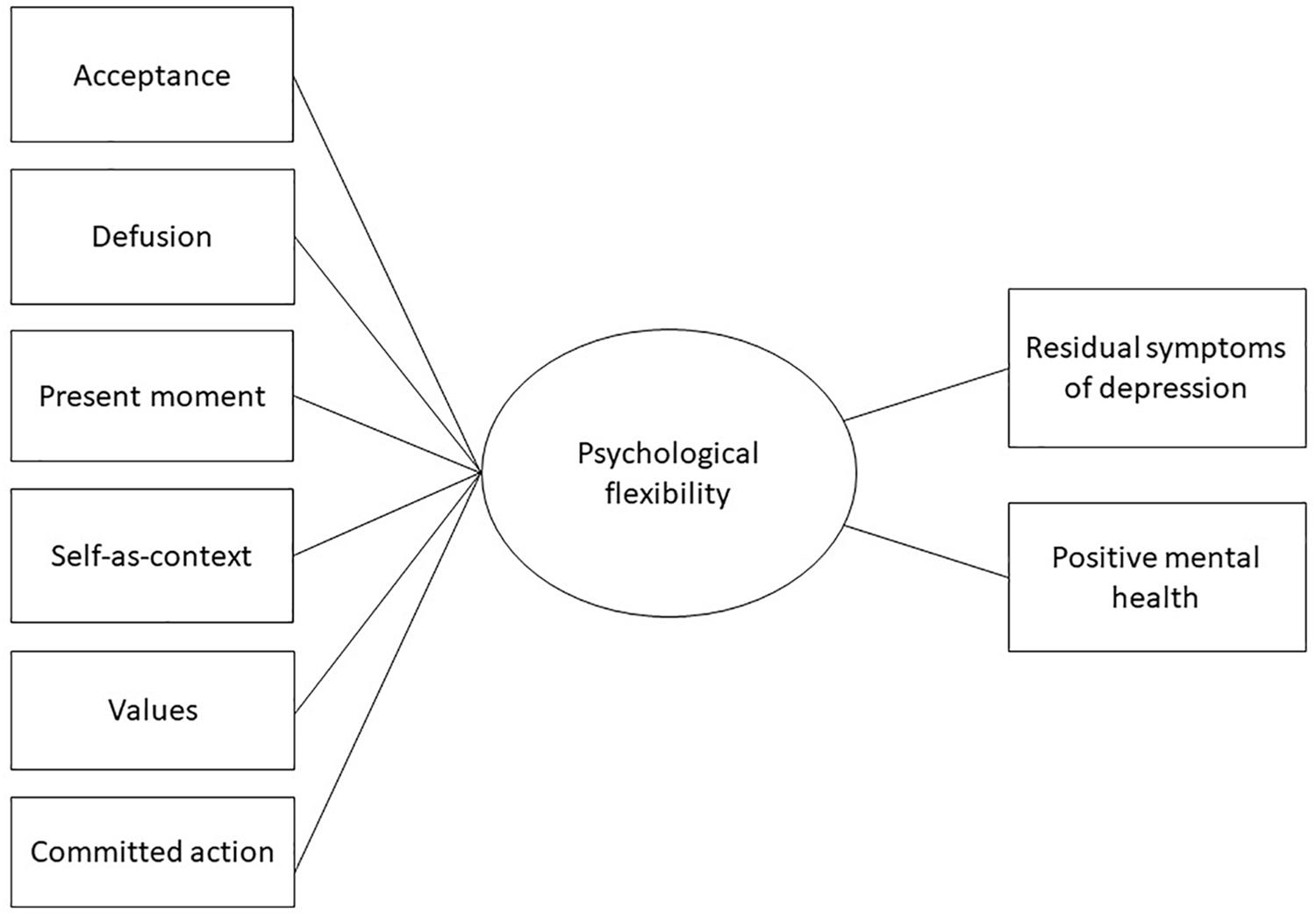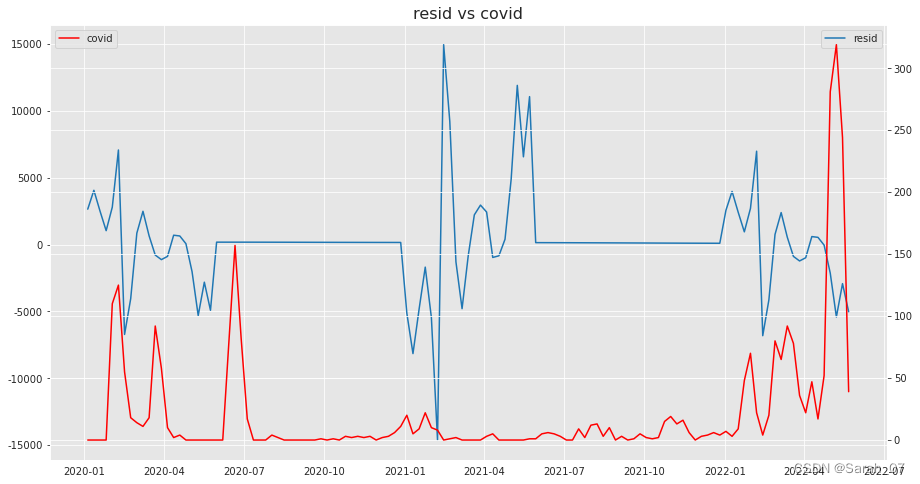

Your cough reflex is therefore less likely to be triggered, and over time the hypersensitivity should settle. If a dry or tickly throat sets off your cough reflex, solutions include sipping water slowly, eating or drinking honey, and breathing slowly through your nose.īy slow-breathing through your nose, the air hitting the back of your throat is warmed up and moisturised by first passing through the nasal cavities. It’s a common response to colds and it can take a while for our bodies to “reset” to a less sensitive state. Some people may develop cough hypersensitivity, where the threshold of the cough reflex has been lowered, so it takes a lot less to set off a cough. If the cough is mainly from post-nasal drip, it will respond to measures to reduce this, such as sucking lozenges, saline rinses, nasal sprays, and sleeping in an upright posture. We can expect more colds and flu as COVID restrictions lift. Other potentially serious illnesses can cause a chronic cough, including heart failure and lung cancer, so if you’re in any doubt about the cause of your cough, have a check-up. developing new symptoms such as fevers, chest pain, racing heart or worsening breathlessness.change in the sputum/phlegm (increased volume, blood present).a change in the type of cough (sounds different, more frequent).Signs you may have a secondary infection include: One thing to watch out for is a secondary bacterial infection, on top of COVID. We need to be wary not to label a cough as a post-COVID cough and miss other serious causes of chronic coughs. Shutterstock When should you get it checked out? People with mild COVID symptoms can have lingering coughs. Some patients tell me they weren’t particularly unwell during their COVID infection, but the post-infective cough is driving them crazy. Interestingly, people may experience a range of post-COVID symptoms, including coughing, regardless of whether they were sick enough to be hospitalised. This needs to be diagnosed and managed by respiratory specialists. This means the nervous system is involved, either centrally (the brain) and/or peripherally (nerves), and the cough isn’t primarily from the respiratory tissues themselvesĪ less common but more serious cause may be the lung tissue being scarred from the inflammation, a condition called “ interstitial lung disease”. The neural pathways may be where inflammation is lurking. Sometimes there isn’t a lot of fluid (so the cough is “dry”), but the swelling of the lung tissue still triggers a cough If the lungs and lower airways are affected, coughing is the body’s way of trying to clear the fluid and swelling it senses there. This makes you feel the need to “clear your throat”, swallow and/or cough If the upper airways (nasal passages and sinuses) stay inflamed, the fluid produced drips down the back of your throat causing a “post-nasal drip”.

This can last a long time, even after the virus has gone.Ĭoughing may persist for any of four key reasons, all of which involve inflammation: Inflamed tissues both swell up and produce fluid. Inflammation is a defensive process our immune system uses to fight off COVID. Why do coughs drag after the infectious period? This is one reason the virus has so effectively and quickly travelled around the world. While this is an effective protective mechanism, it’s also the way the COVID virus spreads. How does Omicron compare with Delta? Here's what we know about infectiousness, symptoms, severity and vaccine protection When something “foreign” is detected in the respiratory tract, a reflex is triggered to cause a cough, which should clear the irritant away. doi:10.It’s not surprising COVID causes a cough, because the virus affects our respiratory tract, from our nasal passages right down to our lungs.Ĭoughing is one of the body’s ways of getting rid of unwanted irritants such as viruses, dust and mucus. Acetylcysteine oral inhalation.ĭe Blasio F, Virchow JC, Polverino M, et al. 5 things to know about the Delta variant. Covid-19 Lung Damage.Ĭenters for Disease Control and Prevention. Novel coronavirus cough database: Nococoda. Current evidence for COVID-19 therapies: a systematic literature review.

Welte T, Ambrose LJ, Sibbring GC, Sheikh S, Müllerová H, Sabir I. Confronting COVID-19-associated cough and the post-COVID syndrome: role of viral neurotropism, neuroinflammation, and neuroimmune responses.


 0 kommentar(er)
0 kommentar(er)
